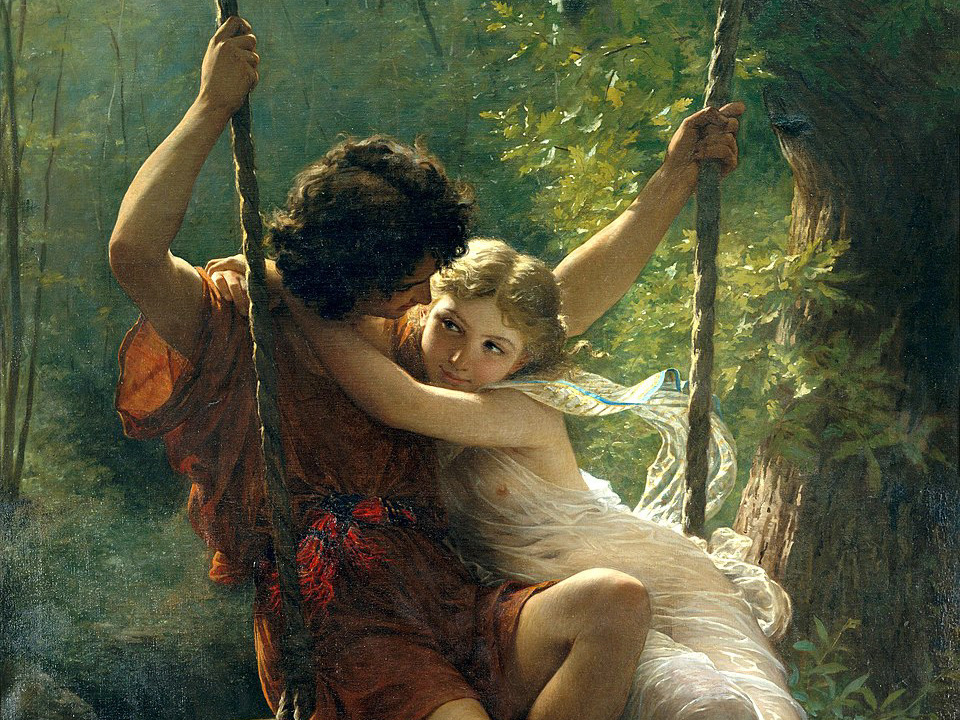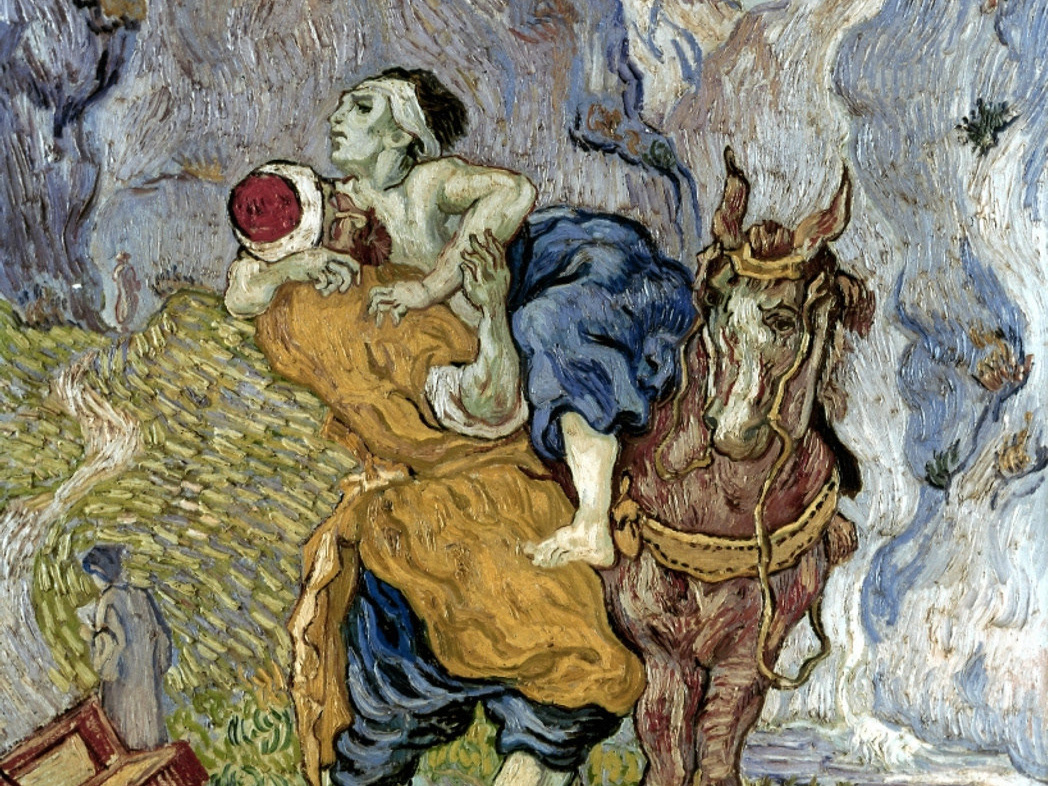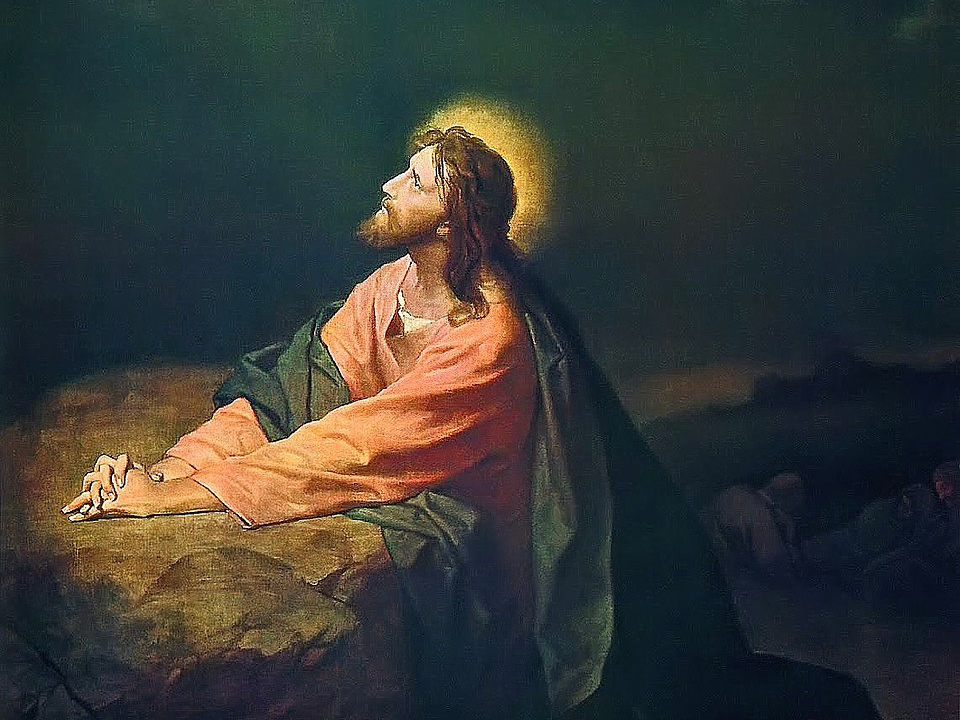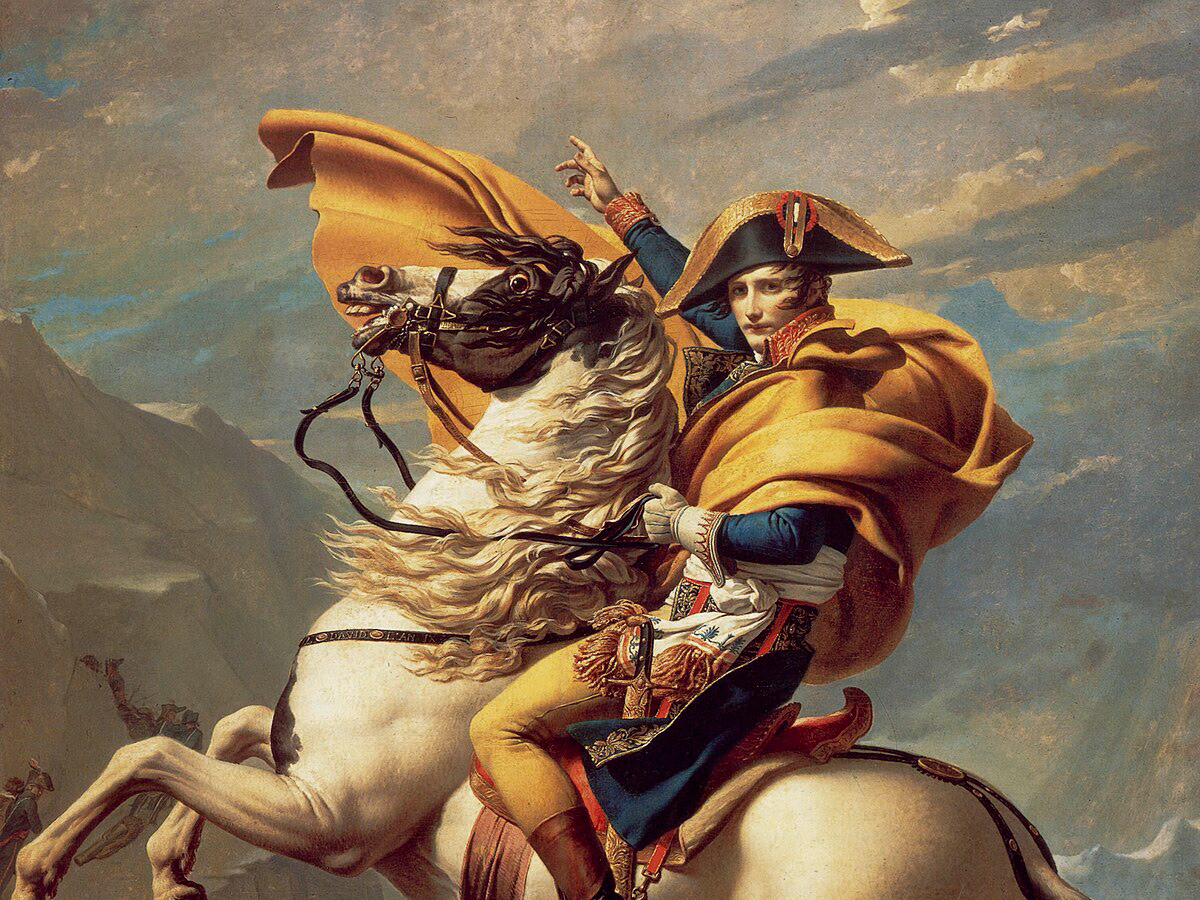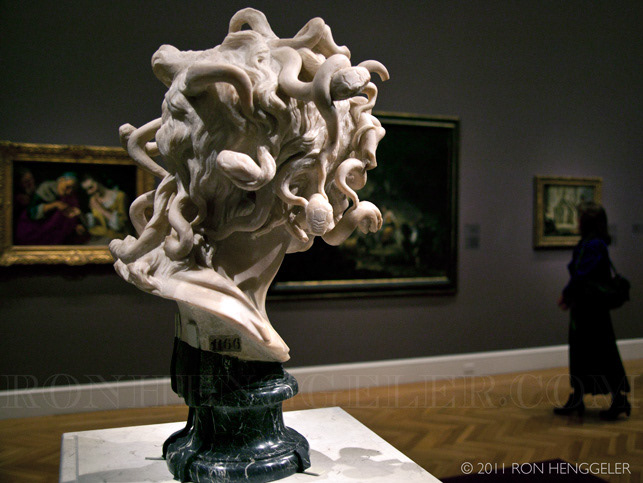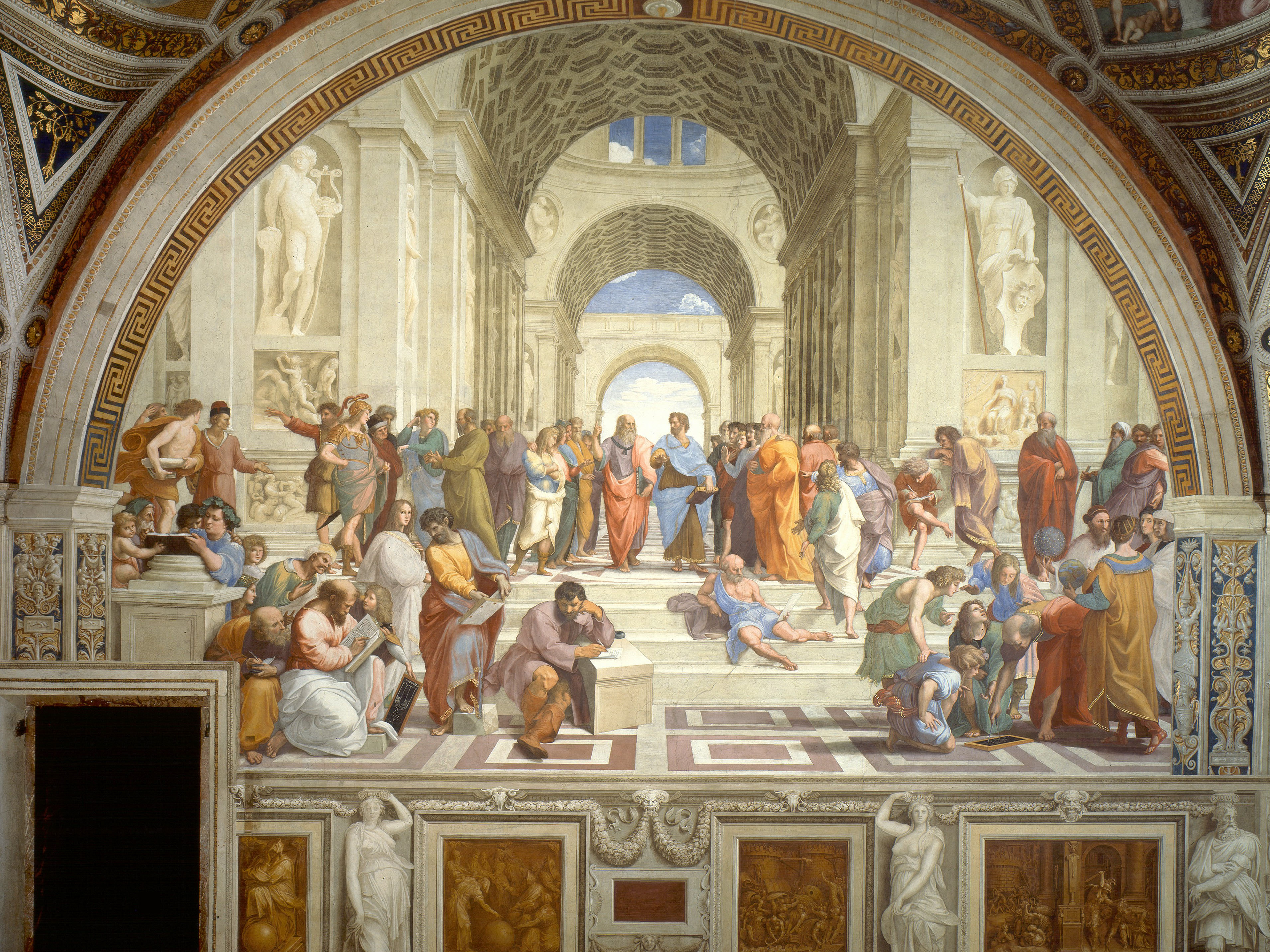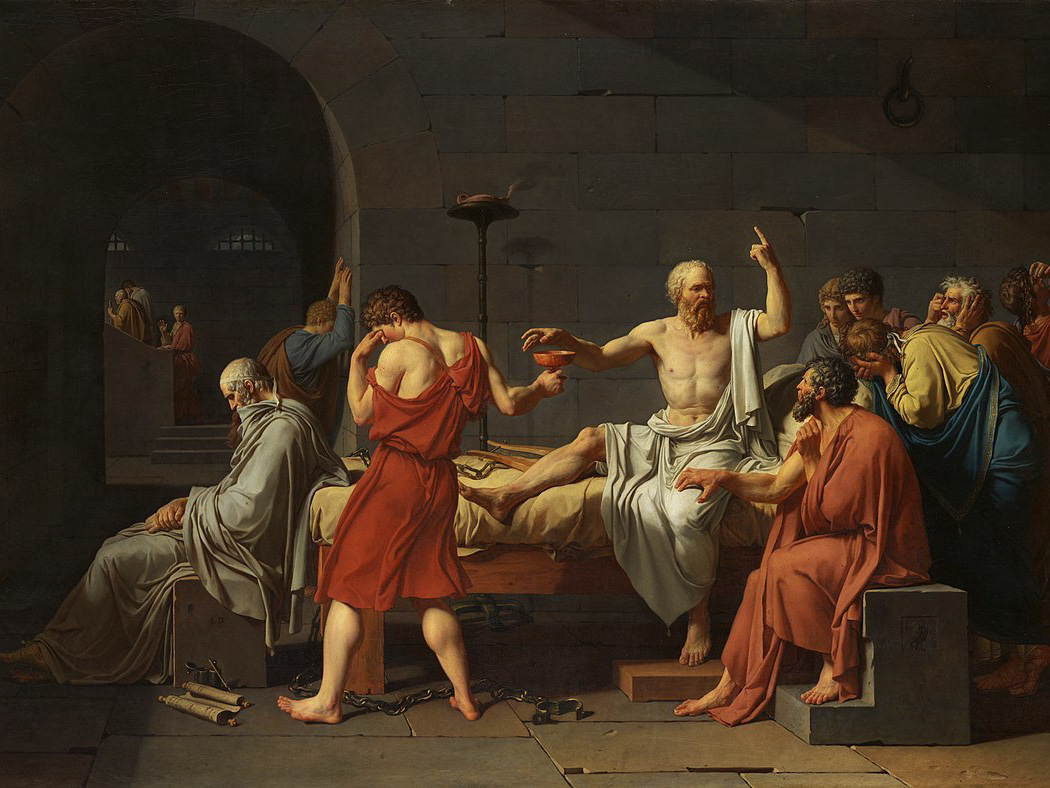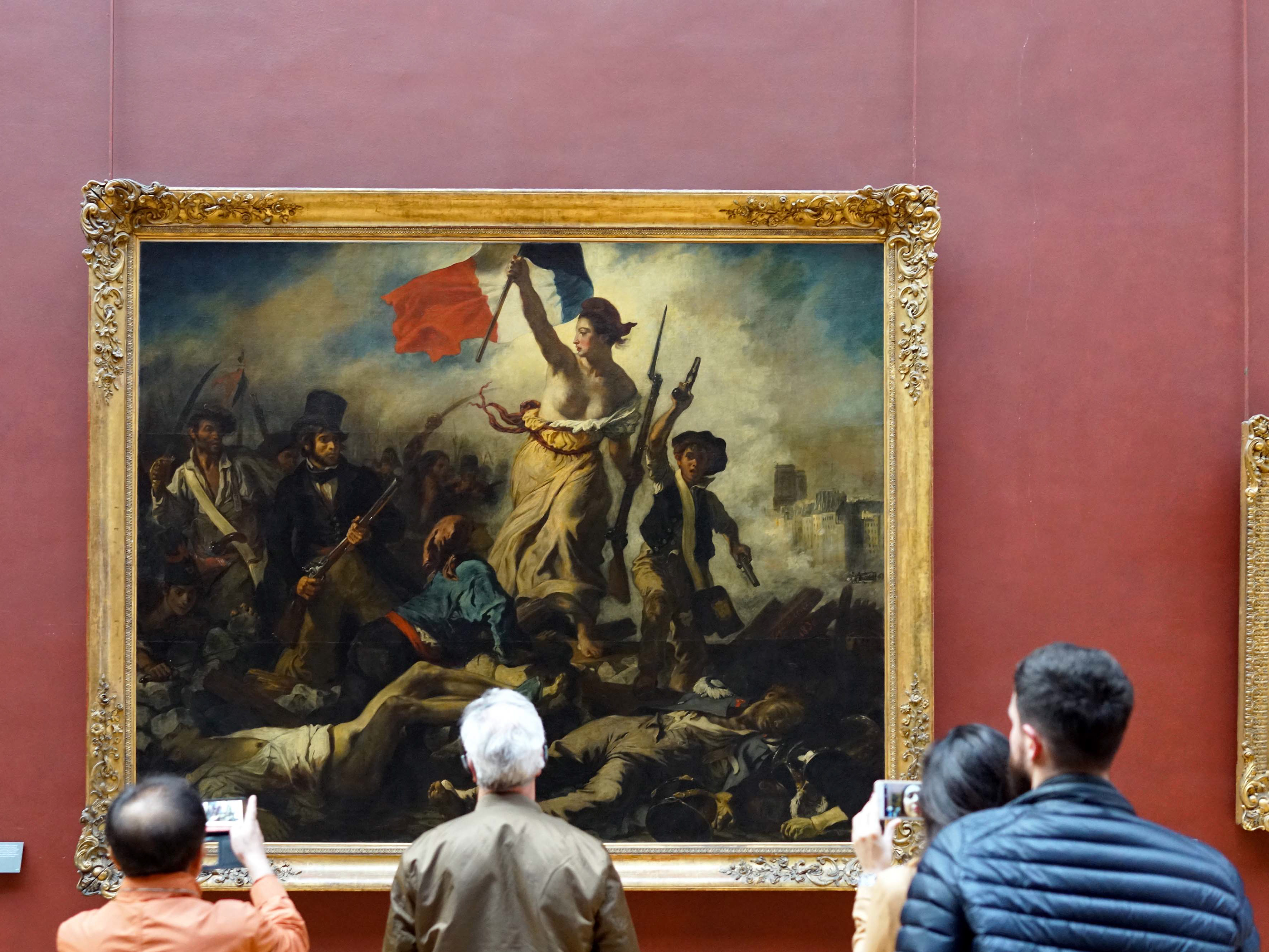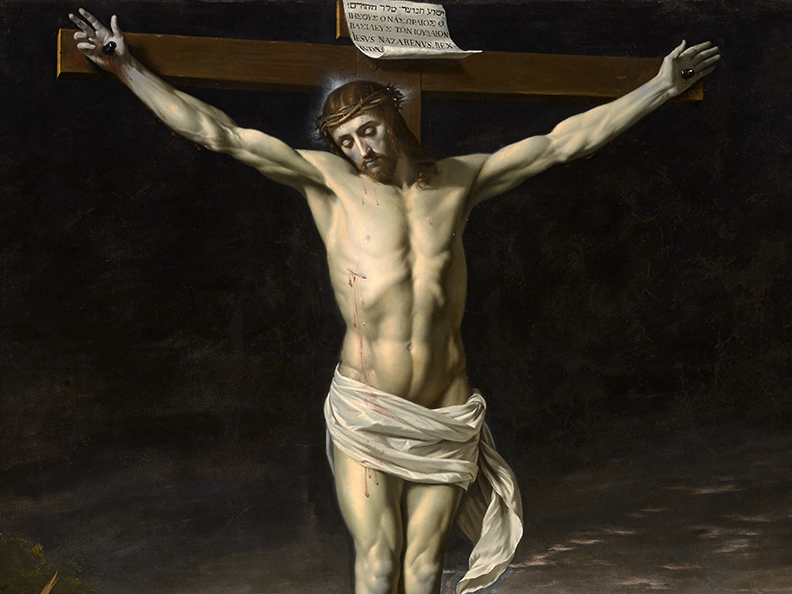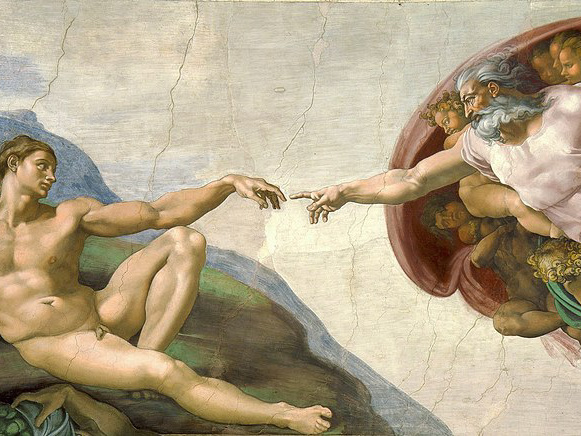Christ has a well-documented bias in Scripture. Only last night did it strike me with fresh clarity. This is another of my thoughts-in-waiting, but one I feel the need to share.
“The Spirit of the Lord is upon me,
because he has anointed me
to proclaim good news to the poor.
He has sent me to proclaim liberty to the captives
and recovering of sight to the blind,
to set at liberty those who are oppressed,
to proclaim the year of the Lord’s favor.”
— Luke 4:18–19 (ESV)
because he has anointed me
to proclaim good news to the poor.
He has sent me to proclaim liberty to the captives
and recovering of sight to the blind,
to set at liberty those who are oppressed,
to proclaim the year of the Lord’s favor.”
— Luke 4:18–19 (ESV)
I am often stunned by the questions regarding the character of Christ and his attitude toward those society has branded “the others.” The infamous others—those marginalized, misunderstood, or discarded. The runt of the human litter, so to speak, are whom he is most fond of—because they need him most.
Who then are “the others”? In his day, it would have been women—considered below men, to be sheltered and cared for, bought with money, declared unclean due to their biology. Samaritans and tax collectors—tribal outcasts. Lepers and the physically afflicted—those at the lowest rungs of social life.
Not only did Christ sit among them, but he also identified with them in every possible way. It's truly beautiful to me how much intention is woven into the incarnation. He came into the world by a miraculous birth. From the start, his life faced opposition. He narrowly escaped death. He was a refugee, forced to flee to another country for safety. His earthly father was not his biological parent—he was, in a sense, a foster child. He returned to Israel as a Nazarene, from one of the most disregarded and mocked towns. His entire life was lived from the perspective of people whom society had overlooked, rejected, and ridiculed. Even before ministry, his heart was for the outliers.
His ministry was relief for the poor, the disabled, and women—especially women whose predicament must have cut deeper than any blade. They were not always physically afflicted, but social structures had made them invisible. To have a voice and not be heard. To be present but unseen. Take the woman at the well. How alone must she have been to draw water in the heat of day, choosing isolation because rejection had become normal? And yet, of all voices, he chose hers to announce his identity as the prophesied Messiah.
The man at the pool of Bethesda, forgotten and incapacitated, waiting for a miracle after family and friends had long abandoned him—Christ showed up. The man born without eyes—blind from birth—whose first sight was the face of Christ. He dined with tax collectors, defended a woman caught in adultery, and even made a tax collector his disciple.
These were people society had damned.
One of the most beautiful patterns in his ministry was his fondness for healing the blind, the deaf, and the mute.
Who would those people be today? In our glamorous Western world? The physically disabled. The working poor. Women and children. Racial minorities. The Triune God shows a bias toward those whom society tends to mistreat and abuse. Because his heart is against oppression. He is a God of justice—as he declares himself to be.
One of the most profound messages I ever heard was at a Chi Alpha Bible Study: a teaching on Hagar—the God who sees. Hagar was mistreated, thrown out by people who were God's friends. A mistress and now a single mother, alone in the wilderness. They shouldn’t have survived the night. But he met her in her helplessness. And the first time in Scripture a human being names God, it is a woman who does it: El Roi—The God Who Sees. That name, spoken by a woman, reveals his heart for justice and his being of love.
Yet the beauty of God’s totality is in this: Christ was not estranged from the well-off. His best friend, Lazarus, was middle class. A fair portion of his miracles were also for people of position—the centurion’s servant, Jairus’ daughter, the nobleman’s son. He dined with the wealthy, spoke with rulers, healed their loved ones. He did not shun the privileged because of his bias. He knew they, too, were in need.
Much of what I’ve written isn’t new to most Christians. They know it. But my fear is they do not believe it. In our capitalist societies, we have traded the values of Christ and his pursuit of the oppressed for flimsy Western ideals of earning and deserving.
Now, I’m not condemning one social system or endorsing another—before the wolves and nationalists start howling. I’m simply pointing out where we have chosen to be something other than Christ. That choice is idolatry in the Western church: nationalism, capitalism, and ideologies that claim more of our loyalty than Christ himself.
Our faith is founded on the reality that we did not deserve grace. We did not earn salvation. Love, by definition, is not earned. That’s what makes it love. It is irrational. Our entire belief is irrational—that we sinned, and someone else died. That God died for us. How could such a thing be? Because love defies logic. Love breaks the logos. It’s love that dictates the rhythm of the Christian life.
So how, as people in love, can we speak of deserving or earning? Such ideas are not Christian; they are capitalist imports dressed in spiritual garb.
We are Christians first—before and above all else. Citizens of heaven. Which means we operate by its systems, its values, and its economy. God sets the standard—no other government or ideology. The persecution of Christians will not be because we were patriots, but because we preached, defended, and lived the gospel of Christ—a gospel for the oppressed.
The doctrine of the “other” is something we must be wary of. The moment we buy into it, we lose sight of the gospel. Our hearts harden. Every evil in human history began with someone being declared “the other.” From Nazi Germany to the Slave Trade, from colonization to Jim Crow, from the Inquisitions to today’s injustices—someone was stripped of their humanity and made “other.”
And tragically, Christians bought into those ideologies. They were not bystanders; they were participants. The gospel of Christ does not need protection. It only needs to be preached—in its true, unadulterated form.
